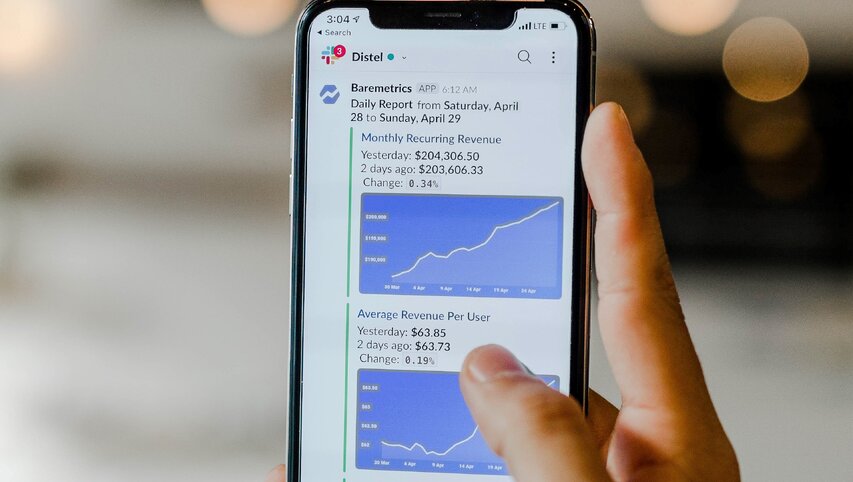test
ESO and VU scientists are going to explore habits of domestic electricity use

Installation of smart electricity meters will be started in Lithuania next year already. They will make it easier for users to understand data on electricity use and their analysis will help the users to change their habits of electricity use accordingly.
In order to motivate the users to draw their attention to efficient electricity use, ESO joined the projects carried out by the scientists of Vilnius University (hereinafter – VU) – “How application of non-price measures may help to increase energy efficiency at the needed time”. The scientific methods will be used to analyse, how smart electricity meters and information and advice provided by smart applications could change habits and tendencies of electricity use in the Lithuanian households.
In order to achieve the goals of efficient electricity use set by the European Union (hereinafter – EU) before 2025, even 80 percent of the EU users should use smart electricity meters. The first stage of installation of these meters in Lithuania is planned for 2021-2023. The coverage of smart meters will allow recording approx. 90 percent of electricity used in the country during this period.
One of the goals of cooperation with VU scientists is to create a smart application that would be functional and informative for households accessible for electricity users until the beginning of the next year. This app will provide data not only on hourly use of electricity, but it will also give the recommendations that would enable electricity users to make rational decisions on electricity use. The smart application should contribute to reduced amounts in the electricity bills and more sustainable operation of the entire electricity system in Lithuania.
Dr. Mindaugas Pranaitis, Head of ESO Department of Innovations and Service Development, has no doubts that innovative and beneficial products enable people to change: “Although science has proved that it is very difficult to change human habits, but various experiences and examples manifest that user-friendly information tools may induce them to think and start using such resources as electricity, water or thermal energy more rationally.”
The project is implemented by VU scientists Dr. Andrius Kažukauskas and Dr. Jūratė Jaraitė-Kažukauskė:* “Having analysed peculiarities of domestic electricity use, we will offer solutions to the users that should change irrational habits of electricity use. We will make no radical changes and we will not ask for big involvement of residents; we will give simple advice and invite everyone to learn how to use electricity even more efficiently.” According to Dr. J. Jaraitė-Kažukauskės, the project is unique because even ordinary user will have a possibility to analyse huge amounts of data received in real time – how and when they are using electricity at home. “It will be interesting to research how behaviour of electricity use by the users is changing, when electricity is used during the peak and off peak, for example. We hope that this project will provide valuable information on importance of innovative technologies, in order to reduce use of resources,” – says Dr. J. Jaraitė-Kažukauskė.
ESO implemented the project of automated metering in more than 3 thousand households in 2017. The pilot project revealed that new electricity meters helped the users to save up to 7 percent of electricity on average per month. The residents appreciated the most the disappeared necessity to write the meter’s readings down, which allowed not to worry about calculation of electricity bills anymore.
It is planned to create an application until the beginning of next year. The households that already have a service of automated metering will be invited to take part in the research and to assess benefit and functionalities of the mobile app. It is expected that this cooperation will allow creating new recommendations in the course of the project that will help submit offers to the users, how to use electrical energy more rationally.
*Dr. A. Kažukauskas and Dr. J. Jaraitė-Kažukauskė are the scientists, who returned to Lithuania from Umeå University in Sweden. They are implementing a four-year project “How application of non-price measures may help to increase energy efficiency at the needed time” (according to the program of actions financed from the EU investment funds “Promotion Research and Development and Innovation”, project No. 01.2.2-LMT-K-718-02-0007).One of the physical performance indexes of this project is smart application used to spread information tools.

